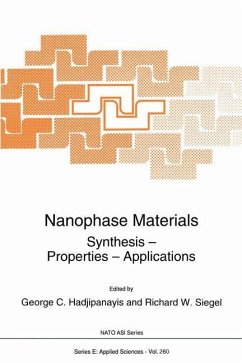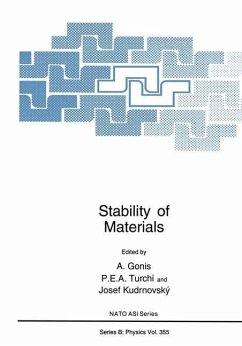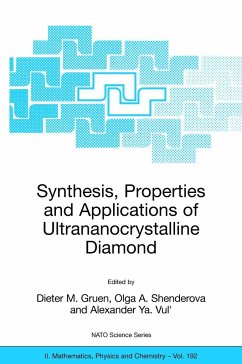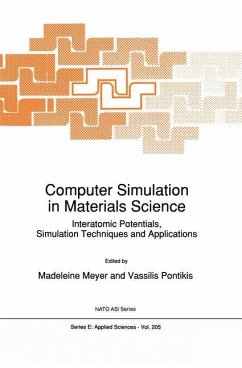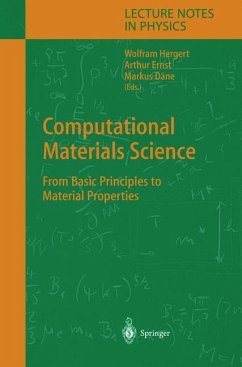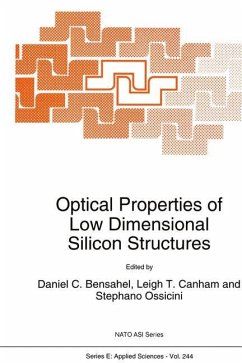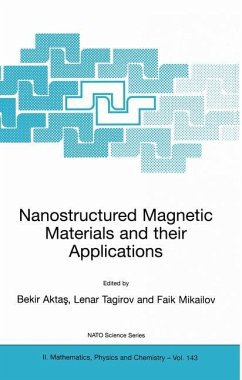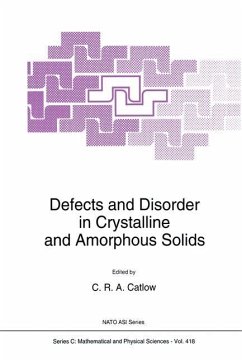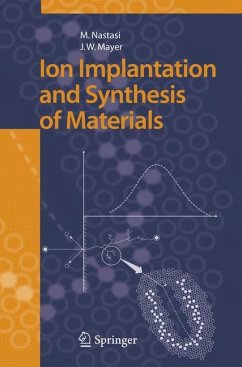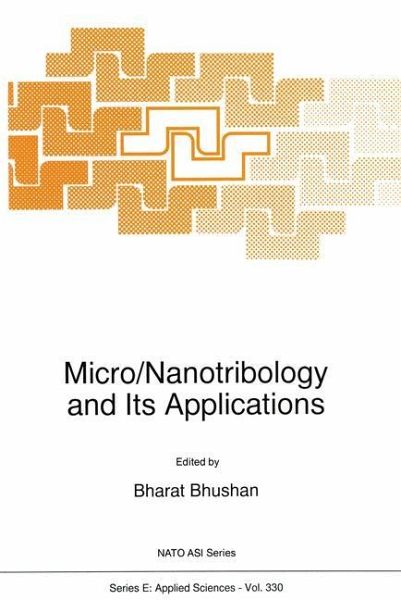
Micro/Nanotribology and Its Applications
Versandkostenfrei!
Versandfertig in 1-2 Wochen
154,99 €
inkl. MwSt.

PAYBACK Punkte
77 °P sammeln!
Micro/nanotribology as a field is concerned with experimental and theoretical investigations of processes ranging from atomic and molecular scales to the microscale, occurring during adhesion, friction, wear, and thin-film lubrication at sliding surfaces. As a field it is truly interdisciplinary, but this confronts the would-be entrant with the difficulty of becoming familiar with the basic theories and applications: the area is not covered in any undergraduate or graduate scientific curriculum. The present work commences with a history of tribology and micro/nanotribology, followed by discus...
Micro/nanotribology as a field is concerned with experimental and theoretical investigations of processes ranging from atomic and molecular scales to the microscale, occurring during adhesion, friction, wear, and thin-film lubrication at sliding surfaces. As a field it is truly interdisciplinary, but this confronts the would-be entrant with the difficulty of becoming familiar with the basic theories and applications: the area is not covered in any undergraduate or graduate scientific curriculum.
The present work commences with a history of tribology and micro/nanotribology, followed by discussions of instrumentation, basic theories of friction, wear and lubrication on nano- to microscales, and their industrial applications. A variety of research instruments are covered, including a variety of scanning probe microscopes and surface force apparatus. Experimental research and modelling are expertly dealt with, the emphasis throughout being applied aspects.
The present work commences with a history of tribology and micro/nanotribology, followed by discussions of instrumentation, basic theories of friction, wear and lubrication on nano- to microscales, and their industrial applications. A variety of research instruments are covered, including a variety of scanning probe microscopes and surface force apparatus. Experimental research and modelling are expertly dealt with, the emphasis throughout being applied aspects.



